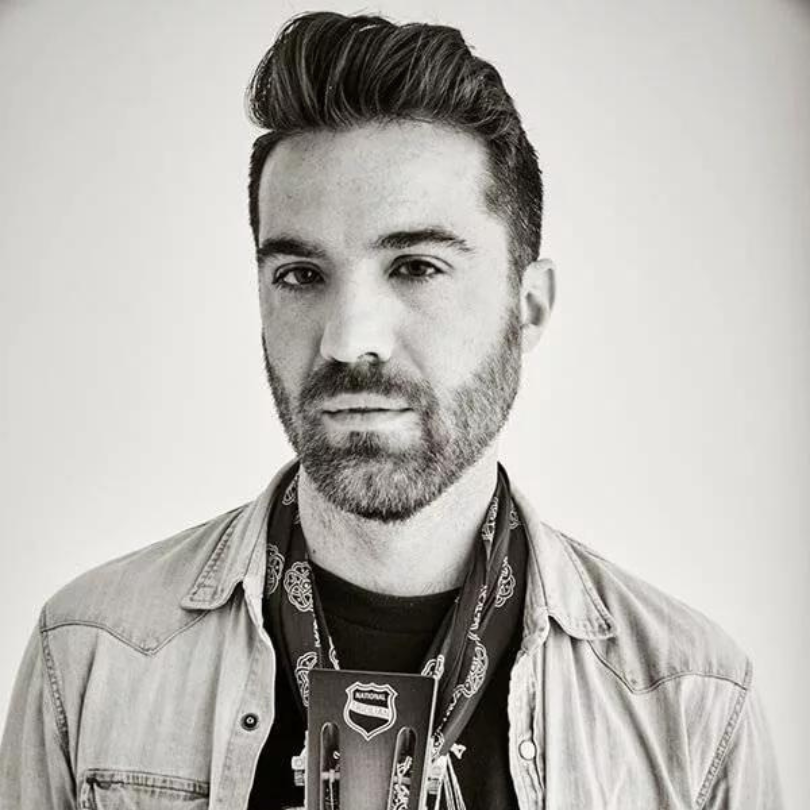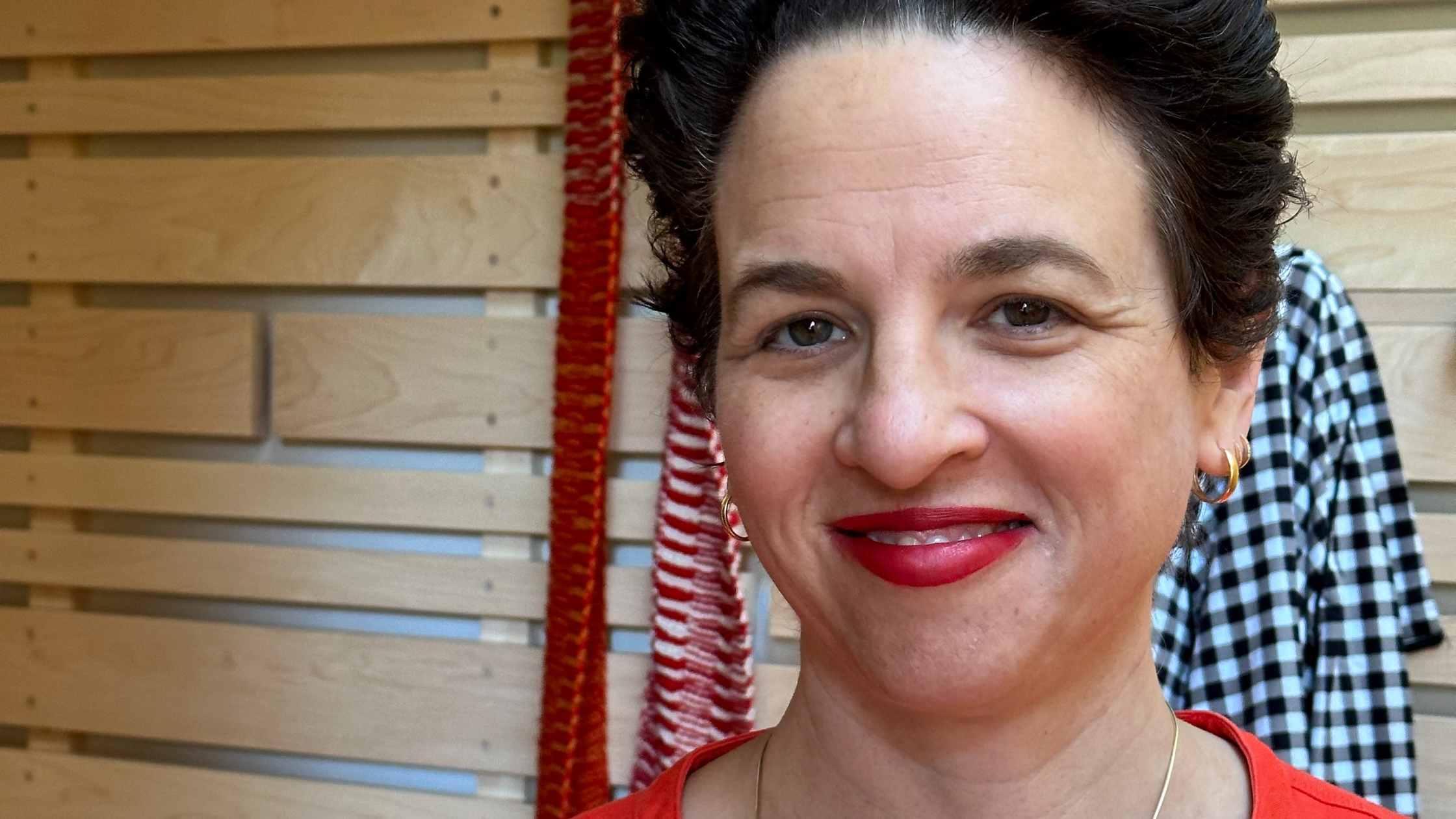In episode one of the Troubadours & Vagabonds podcast, noted tech Vancouver-based researcher and writer Alexandra Samuel shares her insights about how AI can enhance creativity. To subscribe to the podcast and to see more episodes, visit the Troubadours & Vagabonds Podcast page on Spotify.
Alexandra is a leading authority on the future of work. She is a speaker and data journalist who writes about the digital workplace for many publications, including The Wall Street Journal and the Harvard Business Review, as well as the AI columnist for JSTOR Daily. She also holds a Ph.D. from Harvard University. For deeply insightful commentary as well as tons of practical tips on how AI and other technologies can help you be more effective in your work, I highly recommend subscribing to her newsletter.
In this episode, Alexandra shares her thoughts on the potential dangers of AI and why it’s so important for idealists, activists, and artists to help shape the development of this technology. She also offers some great tips on how to write more effective prompts for Chat GPT and shares her predictions about some of the big changes that AI will bring to the workplace.
Here are a few of my favourite moments from our conversation.
“ I think it’s important for people to understand this, what GPT is and what generative AI is. Any AI that’s based on what’s called the large language model, which is most of what we’re talking about here is a predictive model that is fundamentally about predicting what the next word will be in a sequence based on how human language is patterned. This is why I think it’s so fascinating to explore, creatively, because it makes you realize how much of thinking is really actually just patterns of how words are organized and how. Knowing how words are organized is virtually indistinguishable from thinking. It’s quite fascinating, but precisely because it’s a probability model of which words, it will always choose the most clichéd path by default. That’s it, that’s its programming. “
“GPT isn’t just sitting in its server under the ocean, making up poetry to keep itself amused. It’s making poetry and art and images at the request of humans.“
“I think it’s really important to stop thinking of it as AI-generated art. Do we think of a Rembrandt as a brush-generated painting? No, we think of it as a Rembrandt. We’re not attributing the painting to the paintbrushes “
“I really am embracing this as a chance to reinvent my own creative process and to feel my brain changing, to feel the way I work as a writer changing. The scary part of that is that can go both ways. There’s this sense of expansiveness, but then also I very quickly had this experience of — oh boy — I could get really lazy and stupid really quickly. I realized very quickly that unless I want to make AI make me very lazy and, and diminish my cognitive capacity, I have to take on tougher problems that work me way harder. Because the stuff that used to be harder isn’t as hard anymore, now I need harder hard things.”
“ To me the most exciting potential of these AI tools is for people to bring art into their lives in ways that they would never have thought of before because it now becomes feasible and enjoyable and exciting. And if the impact of generative AI is that many, many more people are making art as part of the daily practice than I think far from regarding this as us having delegated art making to the robots, it’s robots returning art and creation as our birthright, as something that all humans need to be engaged in and can be engaged in. “


